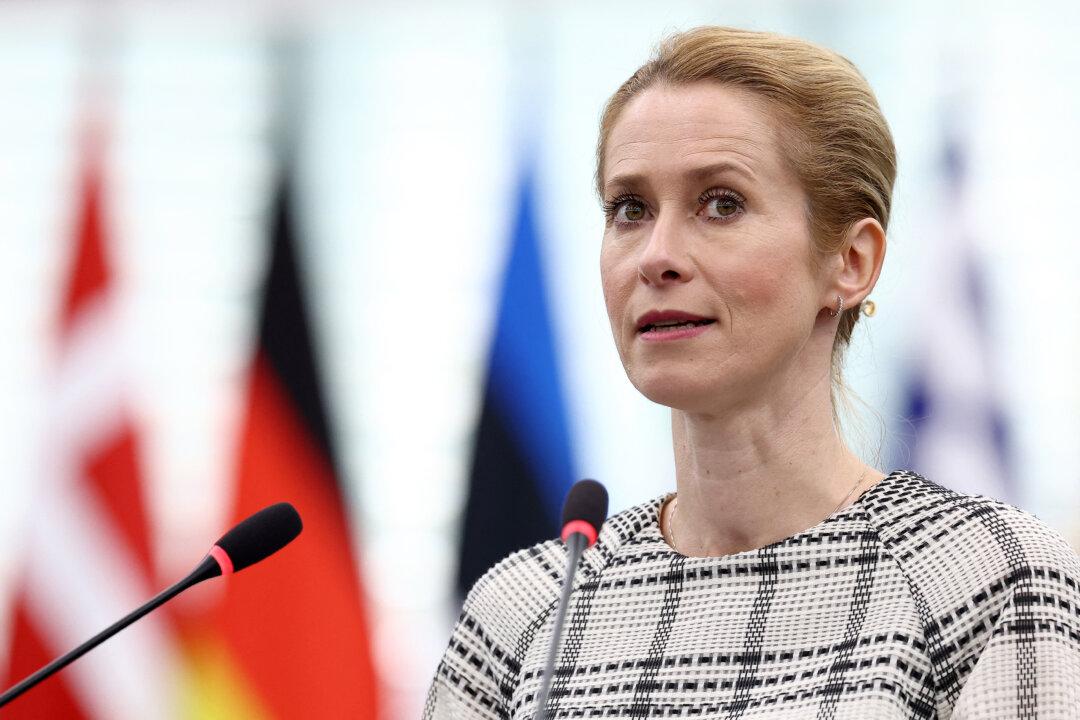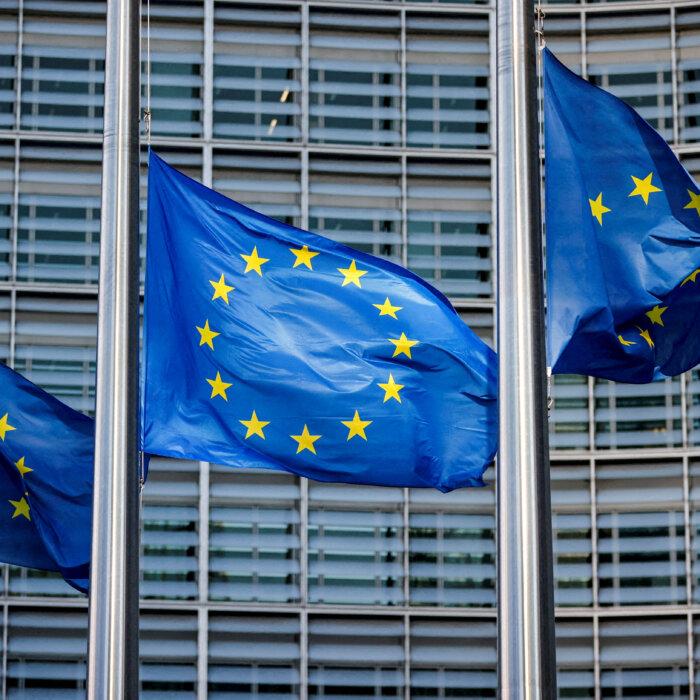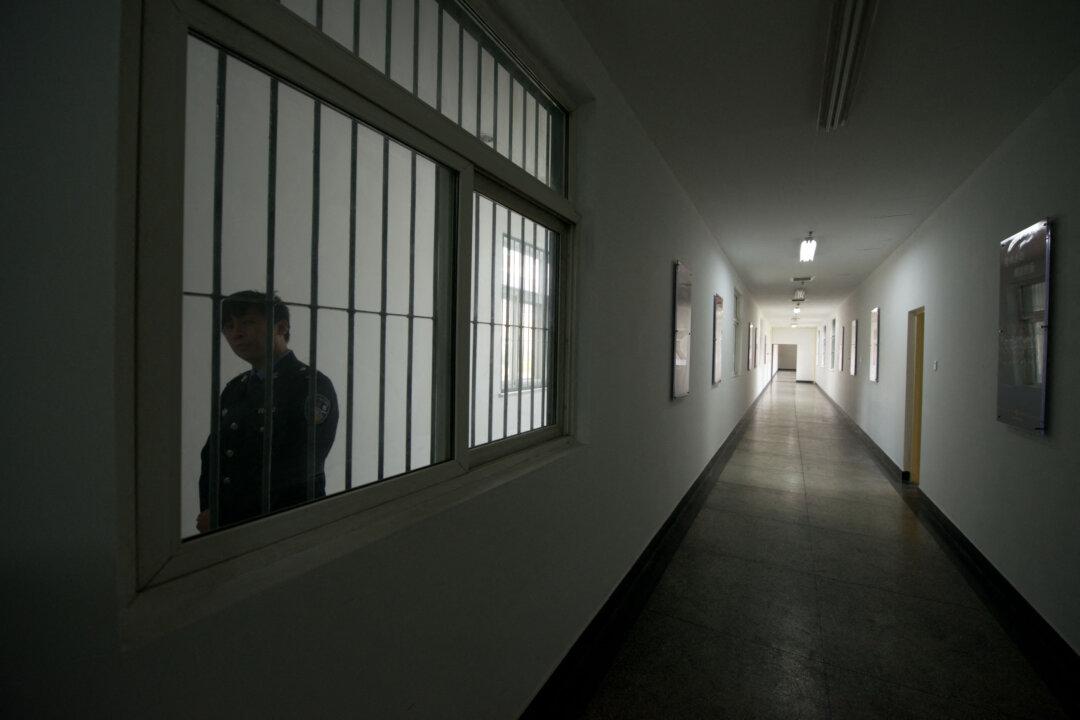European Council President António Costa and European Commission President Ursula von der Leyen will travel to China to meet with Chinese leader Xi Jinping and Premier Li Qiang on July 24 and 25.
During her meeting with Wang, Kallas “called on China to put an end to its distortive practices, including its restrictions on rare earths exports, which pose significant risks to European companies and endanger the reliability of global supply chains,” according to the statement.
On trade, Kallas said Beijing should find “concrete solutions to rebalance the economic relationship, level the playing field and improve reciprocity in market access.”
Kallas also “highlighted the serious threat Chinese companies’ support for Russia’s illegal war poses to European security.”
Beijing should “immediately cease all material support that sustains Russia’s military industrial complex” and support “a full and unconditional ceasefire and a just and lasting peace in Ukraine grounded in full respect for the United Nations Charter,” she said.
In her February response to a parliamentary question, Kallas called China “a key enabler of Russia’s war” and “the largest provider of dual-use goods and sensitive items that sustain Russia’s military industrial base and that are found on the battlefield in Ukraine.”
“Without China’s support, Russia would not be able to continue its military aggression with the same force,” Kallas stated at the time.
At Wednesday’s meeting, Kallas also discussed Taiwan, the Middle East, and concerns about human rights in China with Wang.
Regarding Taiwan, Kallas said the EU remains committed to its “One China policy” and opposes “any unilateral attempts to alter the status quo, including by force or coercion.”
According to a statement issued by China’s foreign ministry, Wang told Kallas that the EU should adhere to the Chinese regime’s “One China principle.”
The United States and the EU have long held a “One China policy,” which asserts that there is only one sovereign state with the name “China,” but it is different from the “One China principle” under which the Chinese regime asserts sovereignty over Taiwan.
EU officials had said they would use the Kallas–Wang meeting to urge China to use its leverage as Iran’s primary oil buyer to press Tehran into making a deal over its nuclear programs and ease conflict in the Middle East.
The EU statement did not comment on whether those efforts had produced any results.
However, it said Kallas and Wang “agreed on the importance of the Nuclear Non-Proliferation Treaty as the cornerstone of the global nuclear non-proliferation regime.”







